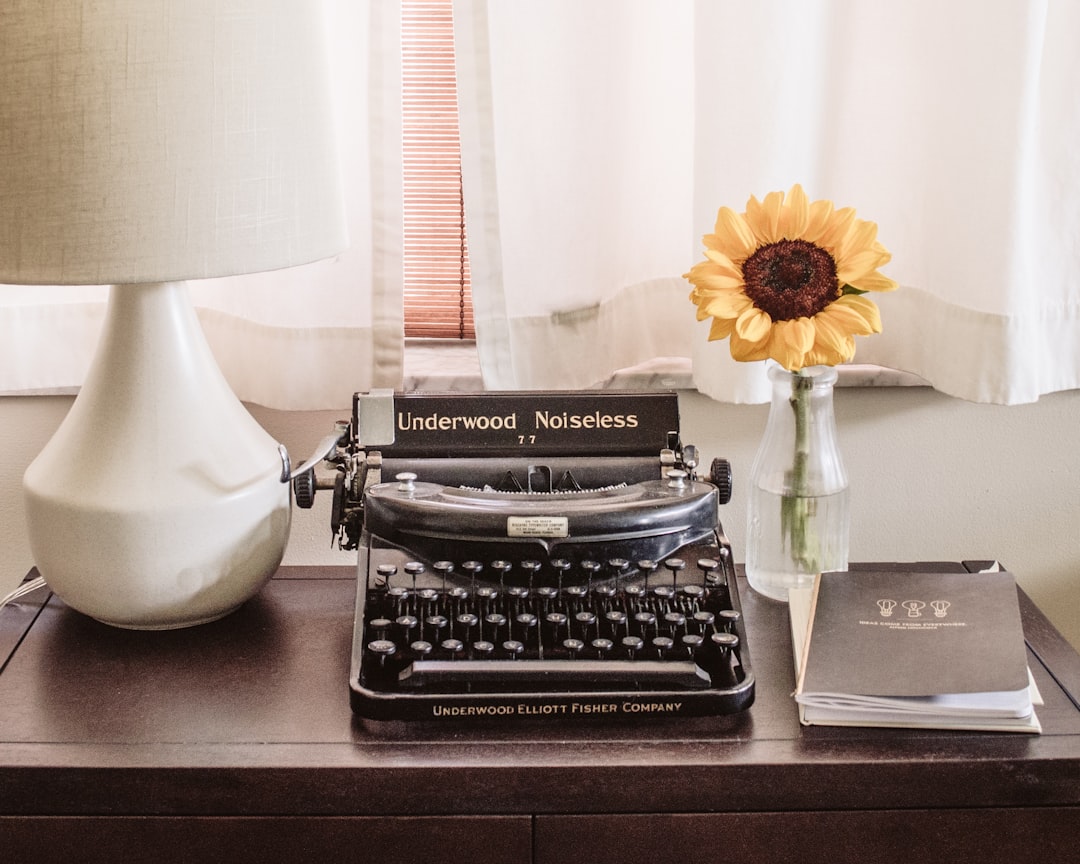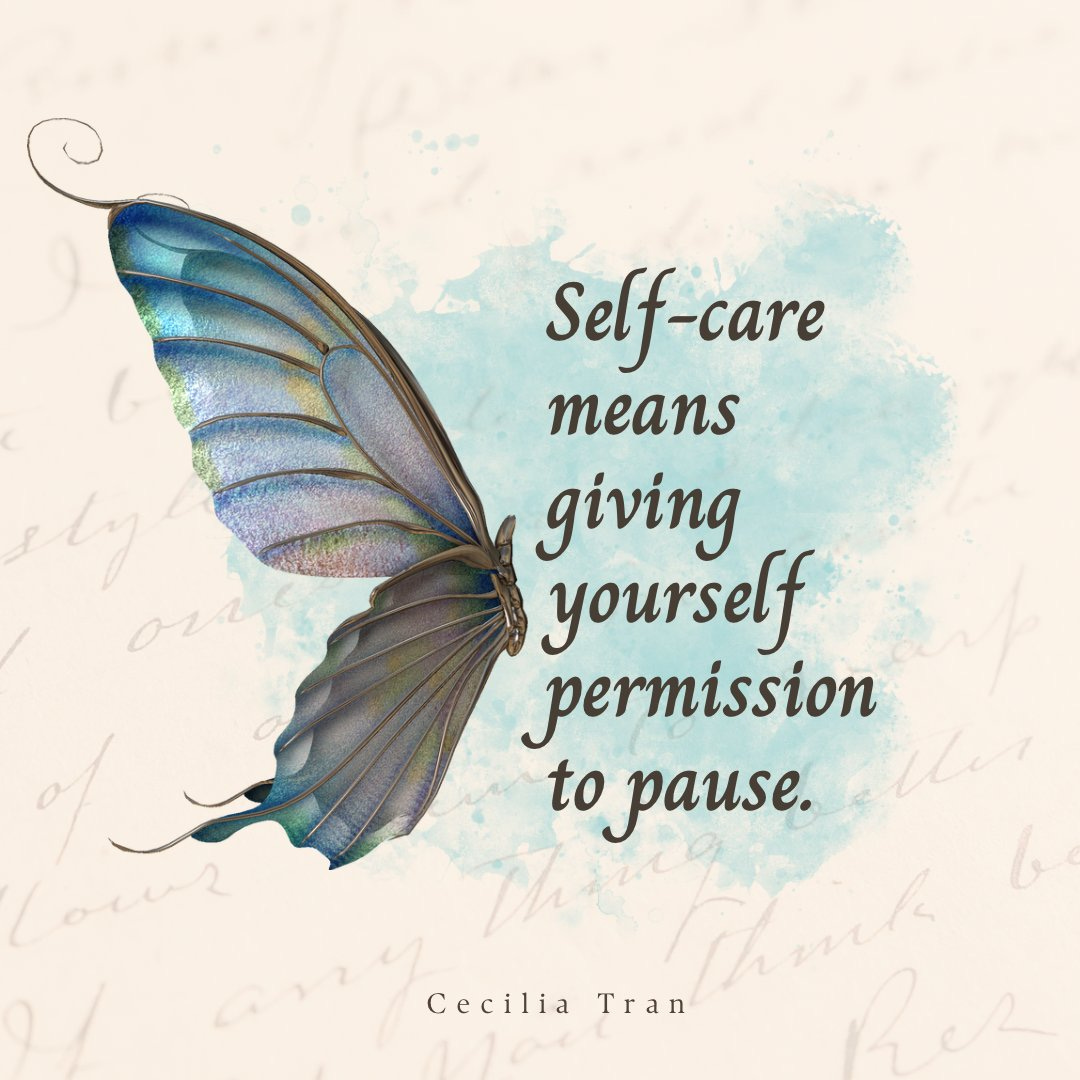Boost Your Writing Productivity: 10 Proven Hacks To Maximize Focus And Creativity
Waiting for your muse? While you wait, read these tips!

Here are ten focus hacks specifically tailored for writers, backed by my own lived experiences and insights from various sources - please click on the bolded links for more specific info.
1. Minimize Distractions
Turn off notifications on your phone or use apps like Freedom to block internet access for a set period. This hack is essential for controlling your attention and avoiding distractions that can kill productivity.
2. Identify Your Productivity Peak
Everyone has certain times of the day when they are most productive. Find your peak time and schedule your most challenging tasks then. This approach helps you use your time more effectively and helps avoid decision fatigue (which I wrote about here ⬇️)
Boost Your Writing Focus: Effective Strategies to Overcome Decision Fatigue
Imagine you're at a buffet with an endless variety of dishes. At first, you're excited and make thoughtful choices. But as you go back for more, the overwhelming options start to drain you. Eventually, you might grab whatever's closest, not what you truly enjoy.
3. Set Daily Goals
Establishing daily writing targets can significantly enhance your productivity. By setting specific goals, you ensure that you stay on track and maintain focus on your writing tasks.
Realistically, this can help you plan your day, but if it feels too overwhelming, allow flexibility. This week is tough, with all the holiday stuff, so if the best you can do is share your latest blog post or newsletter, write a tweet, or scroll, that’s okay, too (as long as you aim for more productive writing time after the holidays).
Have you heard of #MondayBlogs? I created this hashtag a decade ago and it’s still going strong each week. Share your posts and newsletters on your favorite socials with that hashtag (new, old, short, long, doesn’t matter), using that hashtag only on Mondays and not for book promo. More here.
4. Read Outside Your Field
Broadening your reading spectrum outside your usual topics can add creativity and depth to your writing. This habit helps in learning the art and craft of writing from different perspectives.
As a sci-fi/time-travel fan since age ten, that’s where I find my joy. So when I decided to write my first memoir/poetry book, Broken Pieces, a writing friend suggested I read memoirs and poetry. Like, duh.
Mindblowing and one of my biggest learnings: how personal stories can resonate and create universal truths. That’s why our stories matter.
Want to learn more about memoirs? Read my personal favorites here ⬇️
Unleashing the Healing Power of Empathy Through Storytelling
Writing about traumatic events can be a challenging yet powerful endeavor. I’ve written three memoir and poetry books about being a childhood sexual abuse survivor. BadRedhead Media, LLC’s All Things Book Marketing! is a reader-supported publication. To receive new posts and support my work, consider becoming a free or …
5. Avoid Multitasking
Focus on one task at a time. The brain can’t effectively handle multiple tasks simultaneously, especially when writing, which requires concentrated effort. This can be particularly difficult with constant notifications, errands, and life in general, so turn off what you don’t need (good advice in general).
I tend to get overwhelmed by constant notifications, so I check when I can, and that’s good enough.
6. Use Distraction-Free Writing Tools
In addition to turning off notifications, try a tool like Ommwriter, which can help create a distraction-free writing environment, allowing you to focus solely on your writing.
7. Plan Your Writing Each Day
I often create newsletter or blog calendars by topic for my clients, based on their interests, book genre and topic, and their author branding. This can be hugely helpful as a planning tool when you set deadlines.
Decide in advance what you'll write about each day. This approach saves time and prevents the frustration of facing a blank page without ideas.
There are tons of planners out there in the world - paper, pocket, bullet, day planners, digital planners, blank notebooks - whatever you use, USE it. I promise you, it makes a difference working with goals and deadlines.

8. Take Regular Breaks
Studies have shown that taking regular breaks can improve long-term focus. Short breaks allow your mind to rest and return to writing with renewed energy.
Short can mean one minute of deep breathing, a walk around the block, or a quick meditation.
Again, if it all feels too hectic and chaotic right now with the holidays, wait til after. It’s okay. I give you permission to not write for a few days or a week.
9. Find Your Ideal Writing Environment
Not sure how I did it, but I wrote my first three books without an office or even a desk, with two young children at the time, and a difficult marriage. I’m much more productive and consistent ten years late, given that the kids are adults (still here, though), that marriage is over, and I claimed my own space.
Where do you focus best? Discover a location or setting that enhances your productivity, whether it's a quiet room, a bustling coffee shop, or using noise-canceling headphones to block external noise.
One friend writes in her small walk-in closet! Whatever works, right?
10. Incorporate Morning Routine Hacks
Adding writing to your morning routine, starting your day early, and planning your day beforehand can significantly enhance your productivity and focus. This approach helps in setting the right tone for the day.
Additionally, remember to write your first drafts quickly without self-editing and then refine them later. This method allows for a more fluid and efficient writing process. Just write.
Implementing these hacks can help you stay focused and increase your writing productivity. Remember, each writer is unique, so it's important to find what works best for you and adapt these tips accordingly.
What tips work best for your focus? Please share below!
***
Excited to bring you exclusive new content starting in 2024 - please consider an upgraid to paid to help me continue bringing you practical, up-to-date, useful info on book marketing, SEO optimization, branding, social media, and writing. Learn more about my services here.
I’ll be back on XSpaces on Wednesday, January 3rd at 2 pm pst/5 pm est for #BookMarketingChat. I turn 60 on Janary 2 #gasp (kidding - I’m just happy to still be here). Help me celebrate: click now to set a reminder! https://twitter.com/i/spaces/1YpKkwPjzqmKj
🎁 Happy holidays - please enjoy, be safe, and get some writing done! 🎁





Luckily for me, I have a pretty solid writing routine -- that is, I have a methodology for decluttering my brain before I start writing. Unfortunately, it's mostly about clearing out my inbox and social media notifications, but those things settle me. I prefer to write at night, after dark, and I go with streaming some music and the occasional thunderstorm from YouTube to set the mood -- my Bose headphones to drown out all other distractions as I write in the dark. Once I get all that set, who knows what can happen? 3000k words in a night? A critical chapter finished? An idea I've been stirring around in my head gets on paper?
The other thing I do now is I use a little notepad on my desk to track my author to-do list. Social media ideas, things to get on my websites, WIPs that need attention. That helps me stay on track. I'm a scatterbrain, so every little bit helps.
I haven't tried any of the tools that help cut down on distractions -- for no reason; just haven't tried them. I wonder how that works for people.